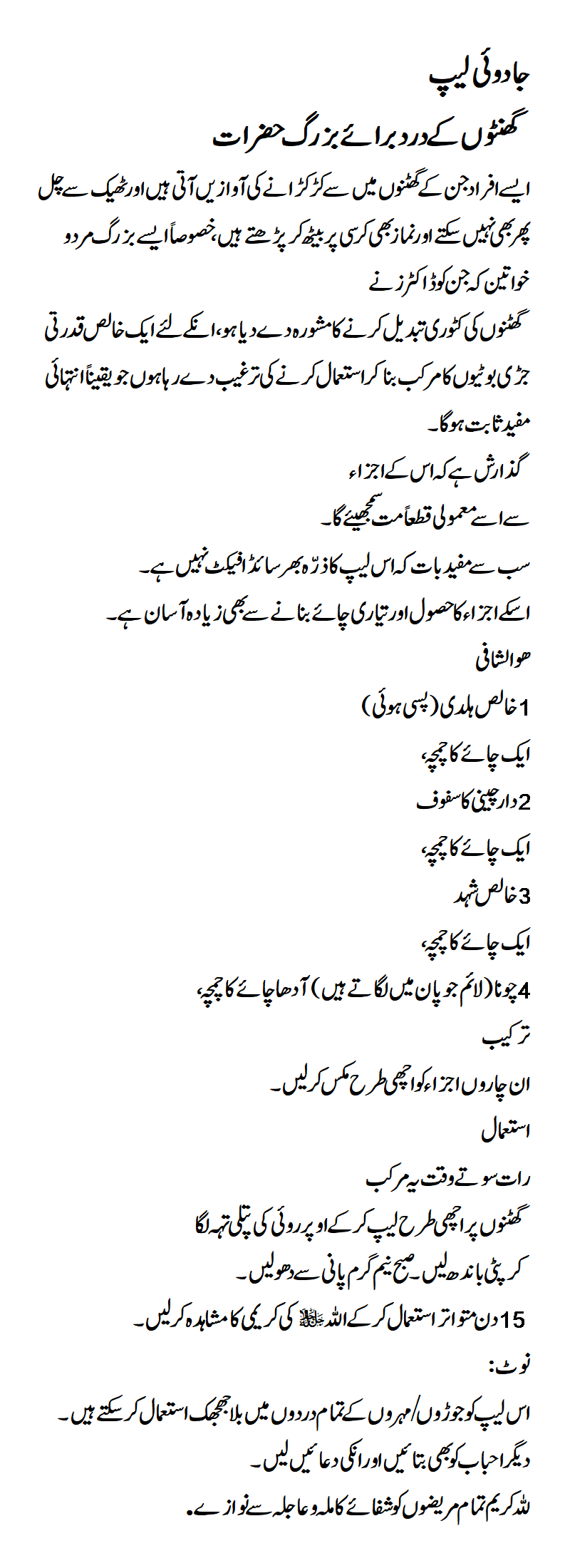Many elderly people tend to dismiss joint pain and body aches as part of ageing and would rather self-medicate or quietly endure the pain. But untreated pain can become chronic and greatly diminish their quality of life.
“Do not ignore persistent pain in any part of the body, be it neck pain, lower back pain or nerve pain. Don’t wait for it to seriously disrupt your daily activities,” says Dr Tan Kian Hian, Senior Consultant and Director of the Pain Management Centre at Singapore General Hospital (SGH), a member of the Sing Health group.
Chronic pain, defined as pain that persists beyond three months, could point to underlying diseases such as arthritis, degenerative spinal disc disease and cancer.
According to the Pain Association of Singapore, about one out of five people aged 65 and above in Singapore suffer from chronic pain.
Common causes of aches and pains in older people
The most common types of aches and pains affecting seniors include:
- Joint pain and inflammation in the fingers, knees, hips and spine
- Joint stiffness in the morning
- Lower back pain
- Neck pain
- Nerve pain
Common causes of aches and pains in the elderly
Arthritis
Arthritis is a musculoskeletal disease that causes joint pain, inflammation and stiffness. The two most common types of arthritis in the elderly are osteoarthritis and rheumatoid arthritis.
Osteoarthritis is the progressive wear and tear of joint cartilage. As it becomes less elastic, cartilage loses its ability to cushion the painful rubbing of bones against each other.

Elderly people suffering from osteoarthritis often complain of morning stiffness and sharp or dull joint pain in the fingers, knees, hips and spine.
Rheumatoid arthritis is an autoimmune disease, which means the body is attacking itself. It’s characterised by sharp pain, swelling and deformity in the joints of fingers, feet and wrists. Joint pain and inflammation can be so severe that it becomes disabling.
Elderly people with rheumatoid arthritis often experience prolonged morning stiffness and warm, tender and swollen joints.